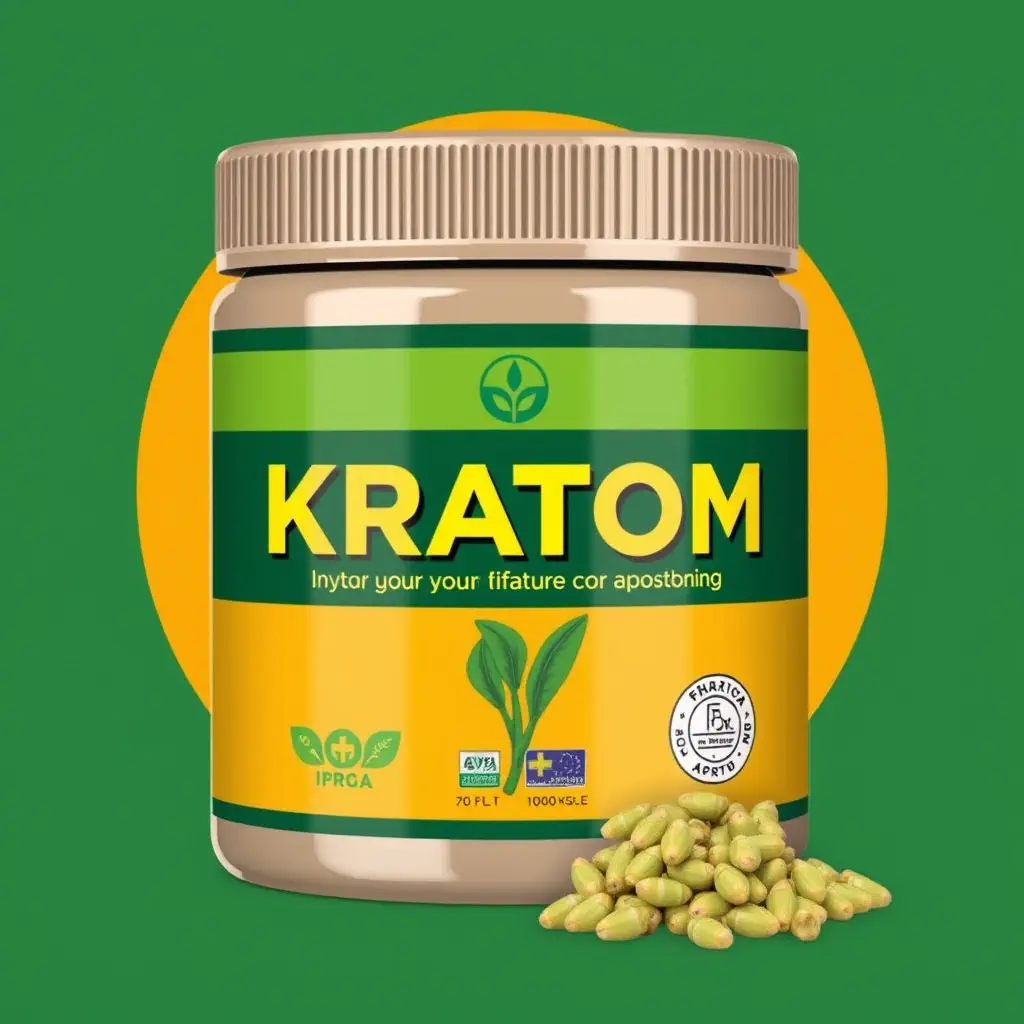Super Green Malay Kratom Powder, a potent strain from Southeast Asia, offers therapeutic benefits but poses discussible risks to the liver due to its active compounds. Occasional and responsible use is generally safe, but long-term or excessive consumption may lead to complications like fatty liver inflammation or cirrhosis, especially for those with pre-existing liver conditions. Mitigating these risks involves mindful dosage, regular breaks, sourcing from reputable suppliers with lab testing, and avoiding combinations with other CNS-affecting substances. Understanding these factors, particularly "does kratom affect liver," is crucial for positive experiences without adverse effects.
Discover the captivating world of Super Green Malay Kratom Powder, a potent strain gaining popularity in the wellness realm. This article explores its unique properties, shedding light on what sets it apart. We delve into the potential effects on the liver, answering questions like ‘how does kratom affect the liver?’ and emphasizing safety precautions for informed use. Whether you’re curious about its benefits or cautious of side effects, this guide provides essential insights into navigating Super Green Malay Kratom Powder responsibly.
- What is Super Green Malay Kratom Powder?
- How Does Kratom Affect the Liver?
- Safety Precautions and Considerations for Users
What is Super Green Malay Kratom Powder?
Super Green Malay Kratom Powder is a highly potent strain derived from the Mitragyna speciosa plant, native to Southeast Asia. Known for its rich green color and distinct earthy aroma, this kratom variety offers a range of effects that have made it popular among users. The powder form allows for precise dosing, making it a preferred choice for those seeking controlled usage.
One important aspect to consider when discussing Super Green Malay is its potential impact on liver health. Like any substance, kratom can have effects on the body’s vital organs, including the liver. However, research suggests that responsible and moderate use may minimize any risks. Understanding dosage and origin of the kratom powder are key factors in ensuring a positive experience without adverse effects, such as those related to does kratom affect liver.
How Does Kratom Affect the Liver?
Kratom, derived from the leaves of the Mitragyna speciosa tree, has gained popularity for its potential therapeutic effects, including pain relief and mood enhancement. However, one crucial aspect to consider is its impact on the liver. The liver plays a vital role in metabolizing substances, including kratom. Research suggests that kratom use may affect liver function, primarily due to its active compounds known as mitragynine and 7-hydroxymitragynine. These compounds are metabolized by the liver enzymes, and excessive use or high doses can lead to potential liver damage over time.
Acute cases of liver injury from kratom use are rare, but long-term, heavy users may face concerns. The liver’s ability to process and detoxify substances is put under strain, potentially resulting in complications such as fatty liver, inflammation, or, in severe instances, cirrhosis. Therefore, it’s essential to be mindful of dosage and frequency when consuming kratom, especially for those with pre-existing liver conditions. Regular breaks between doses can help reduce the metabolic burden on the liver, ensuring its optimal health.
Safety Precautions and Considerations for Users
Kratom, like any other substance, comes with its own set of safety precautions that users should be aware of, especially when it comes to the potent strain known as Super Green Malay Kratom Powder. While generally considered safe for occasional and responsible use, long-term or excessive consumption may lead to potential health risks, particularly affecting the liver. Studies have shown that kratom can impact liver function over time, so monitoring dosage and frequency is crucial. Users should also be mindful of their overall health and any pre-existing conditions before incorporating kratom into their routine.
Additionally, it’s essential to note that the quality and source of kratom matter significantly. Contaminated or improperly processed kratom may carry risks, including liver damage. Always opt for reputable suppliers who provide third-party lab testing for purity and potency. Users should also be cautious about combining kratom with other substances, especially those known to affect the central nervous system, as this could enhance potential side effects.
Super Green Malay Kratom Powder, a popular strain known for its potent effects, has sparked interest due to its unique composition. However, as with any substance, understanding its impact on vital organs like the liver is crucial. While research continues on how kratom influences liver health, preliminary studies suggest that responsible use and adherence to safety precautions can help mitigate potential risks. Always remember to consult healthcare professionals before incorporating any new substance into your routine, especially when concerns arise about its effects on the liver, including the does kratom affect liver debate.






